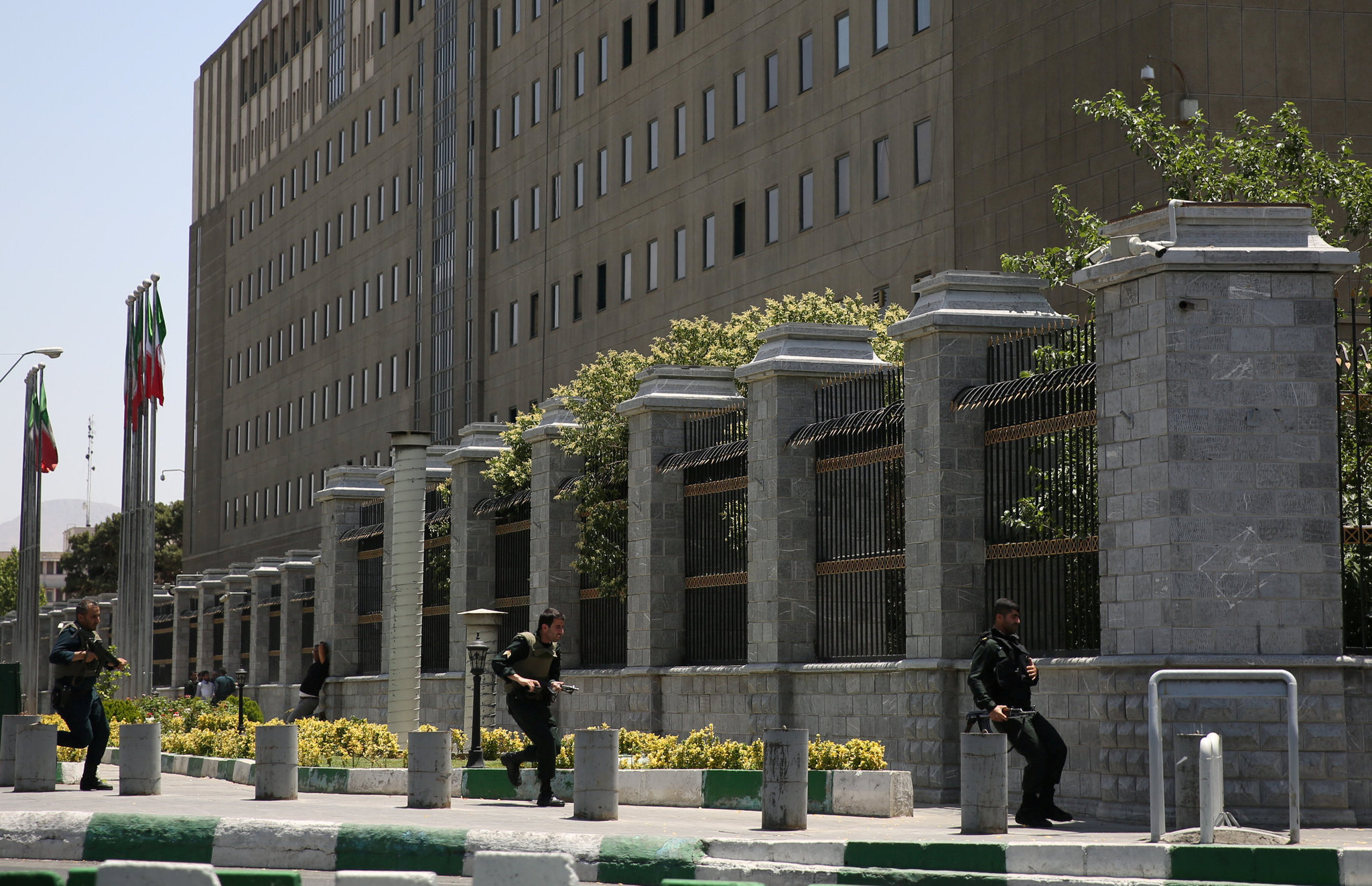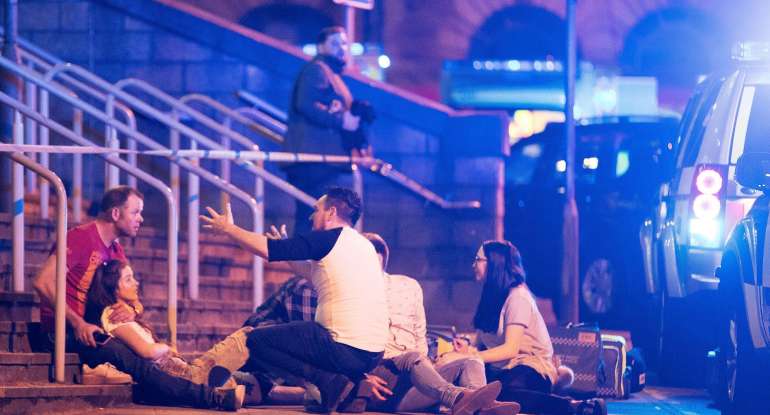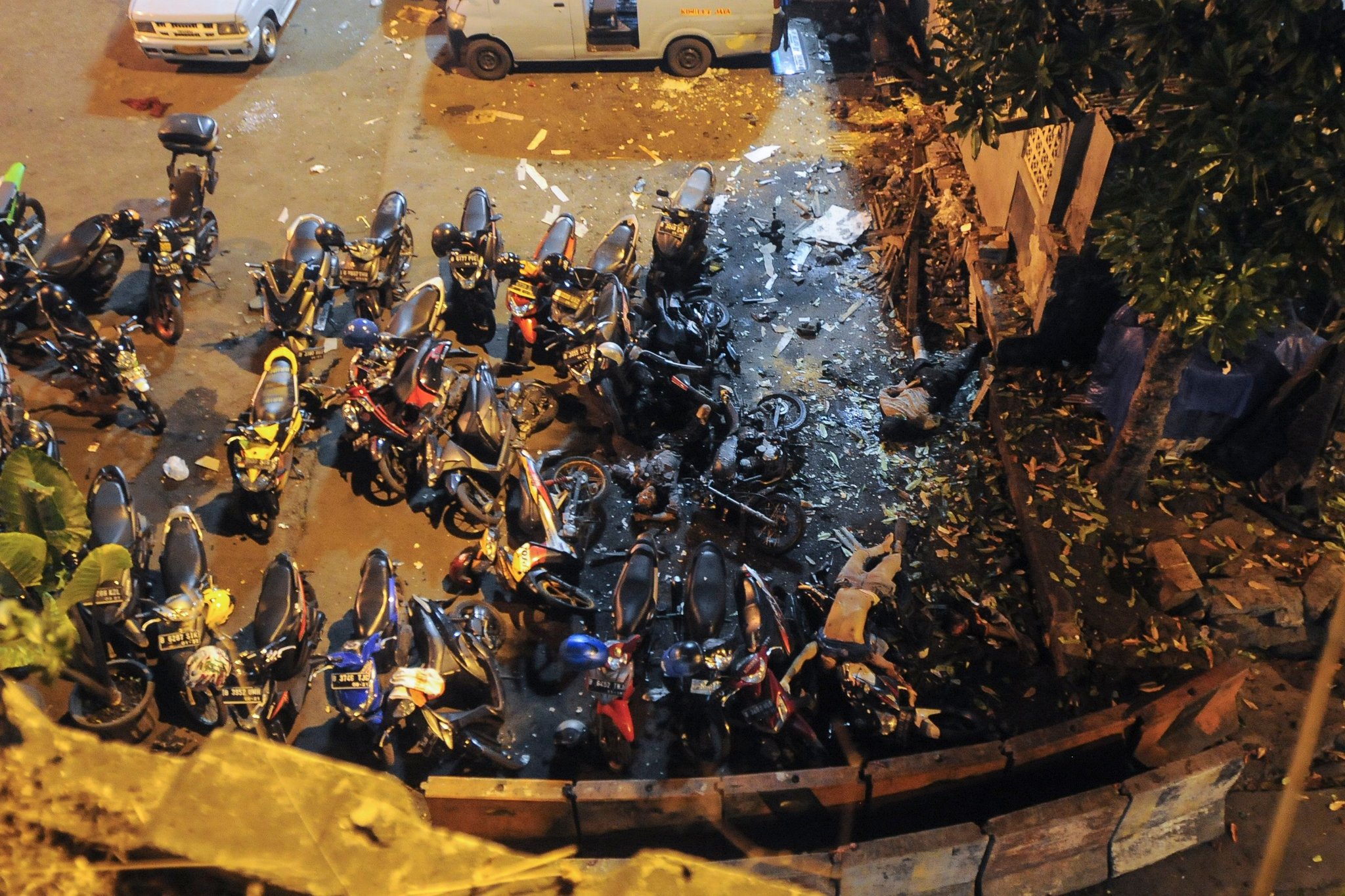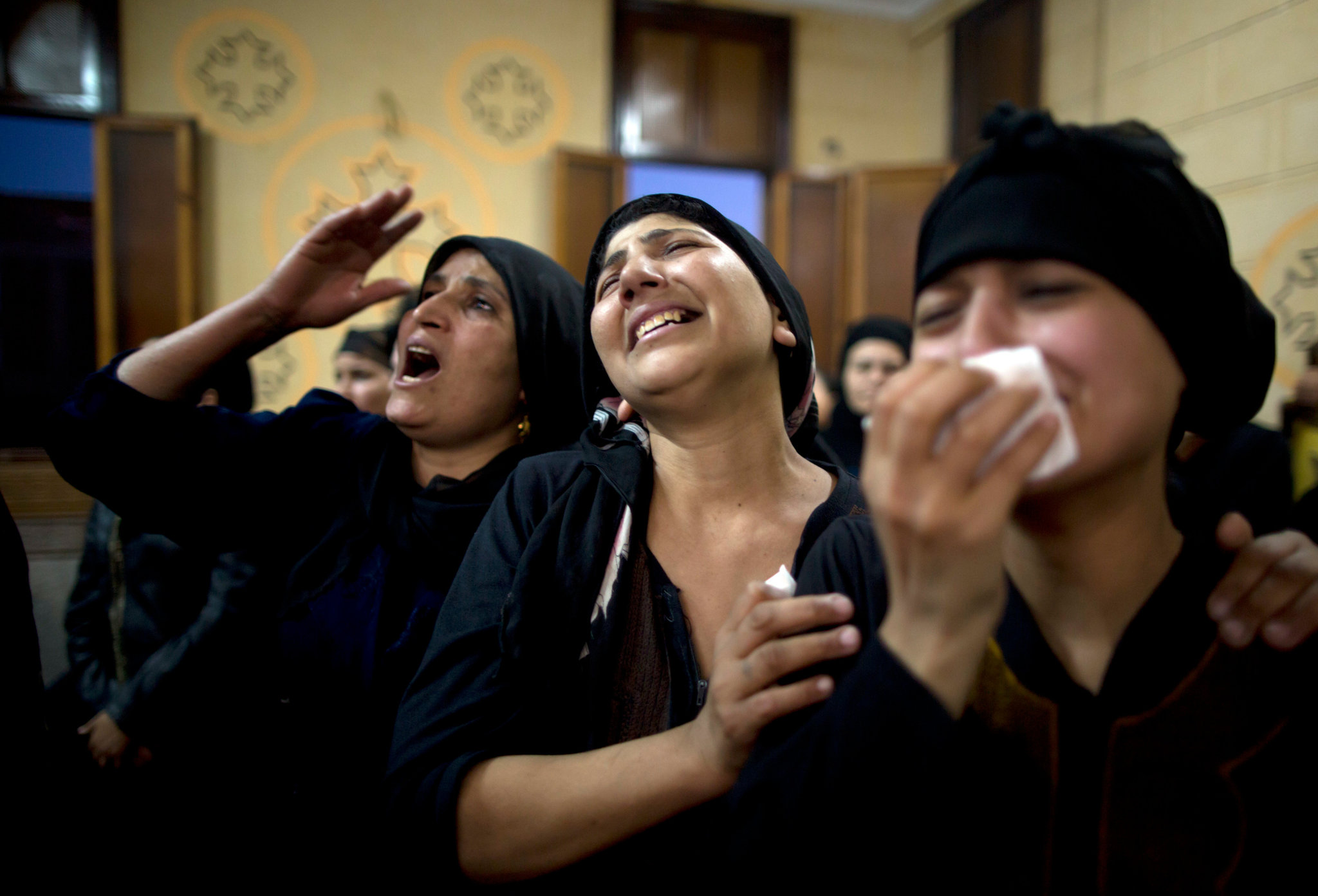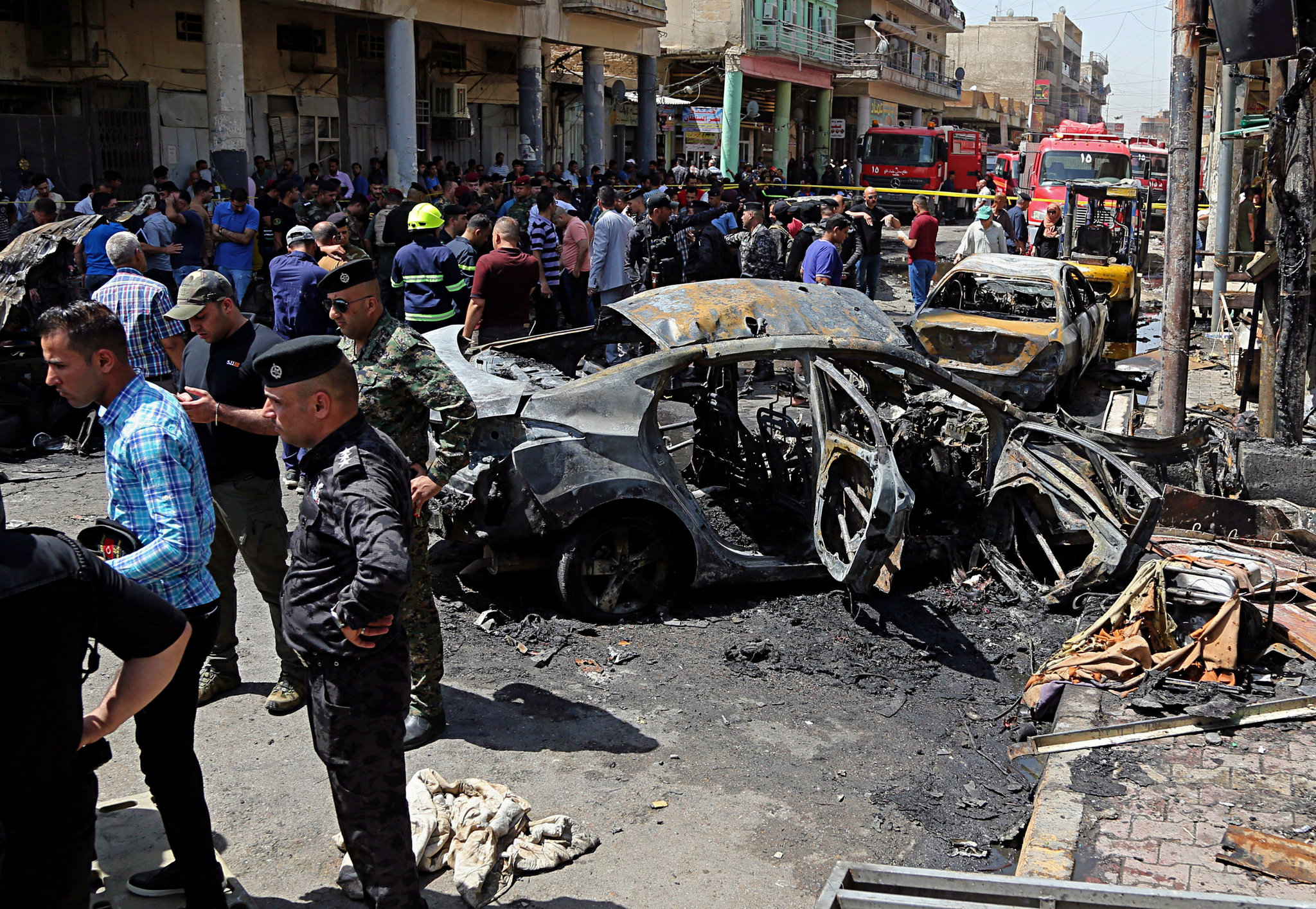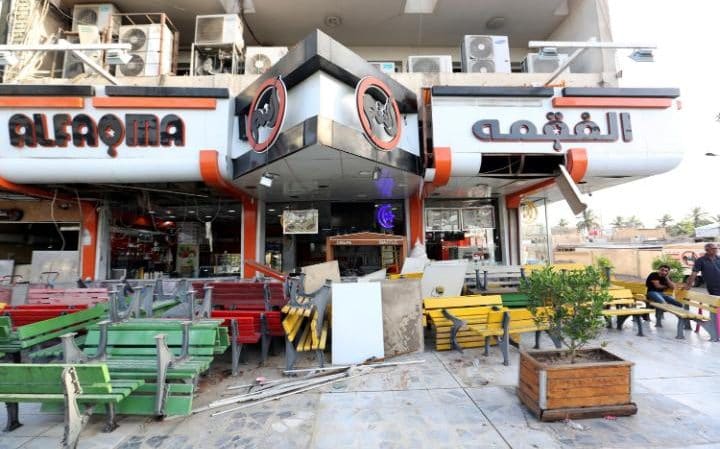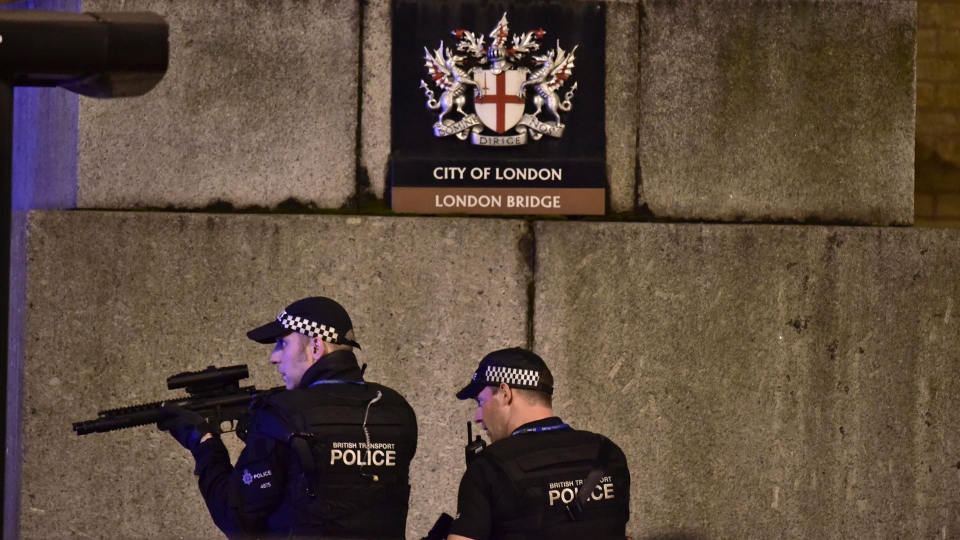A Look At The 12 Major Terror Attacks Around The World That Took Place In The Last 2 Weeks
Some of the attacks were claimed by the Islamic State.
Two days back, on 7 June, armed assailants carried out simultaneous terror attacks on the Iranian parliament and the tomb of its revolutionary founder, Ruhollah Khomeini
In the attack, the responsibility for which was asserted by the Islamic State, at least 12 people were killed and more than 40 were injured.
There were six assailants, all of whom were also killed by the Islamic Revolutionary Guards Corps, Iran's powerful paramilitary force.
ranian security forces outside the Parliament building on Wednesday.
Image via NYT via Tima via ReutersWhile the attacks were the first terrorist attacks in Tehran, Iran in more than a decade, there have been a shocking number of terrorist attacks around the world in recent weeks. And the responsibility for most of which have been claimed by ISIS.
We are going to take a look at the major ones since the Manchester Arena bombing.
1. On 22 May, a 22-year-old lone attacker carried out a suicide bombing at the Manchester Arena in England following a concert by American singer Ariana Grande. In the attack, 22 people were killed and 119 were injured.
The suicide bomber, who was identified as Salman Ramadan Abedi, detonated a shrapnel-laden homemade bomb. According to reports, Salman was known to British security services and police. However, the authorities did not regard him as a high risk.
While it was suspected that Salman was working with a terrorist network, police later revealed that they believed the boy had acted largely alone.
2. On 24 May, a bus terminal in Kampung Melayu, East Jakarta was hit by two back-to-back explosions. The blast killed 3 policemen, 2 attackers and injured 11 people.
The two attackers had ties to militants in Poso, Central Sulawesi.
According to The Straits Times, a police source identified the first attacker as Solihin, an administrative staff at the Darul Anshor, an Islamic boarding school in Poso, and the other as Ichwan Nurul Salam, a 34-year-old man from Bandung, West Java.
Counter-terrorism investigators, on the other hand, are trying to establish if the two suspects were also linked to the remnants of the East Indonesia Mujahideen (MIT) militant group which operates out of Poso, reported The Straits Times.
The aftermath of suicide bombings at the Kampung Melayu bus station.
Image via Dasril Roszandi/European Pressphoto Agency via NYT3. On 26 May, armed assailants killed at least 28 Coptic Christians who were travelling to a monastery in Egypt's Minya province, 220km south of the capital Cairo
While there was no immediate claim of responsibility for the assault, the New York Times described that "it bore the hallmarks of the Islamic State".
According to a report in The Washington Times, survivors of the attack claimed that after the militants boarded the bus, they asked survivors of the first round of gunfire to "either recite the Islamic shahada creed, live as practising Muslims, or be killed."
The passengers, however, defied their attackers, and began to pray.
"The more we prayed for Christ, the angrier they became and started shooting again and more violently," said Boshra Kamel, the driver who was shot several times.
Relatives mourned on Friday during a funeral service for some the victims of the attack.
Image via NYT via Amr Nabil/Associated Press4. On the night of Tuesday, 30 May, an ISIS suicide bomber struck an ice cream parlour in Baghdad where families had gathered to break their daylong fast during the holy month of Ramadan. Tha blast killed at least 26 people that night.
"This ice cream shop has been a place for all Iraqis no matter where they are from. It was turned from a very beautiful place into a dark hell," Mustafa Aljibour, the shop's manager, was quoted saying by The New York Times.
Hours later, the Islamic State struck again at the heart of Baghdad.
They detonated a bomb outside a government pension office where people were shopping before the iftar feasting. 14 people were killed and 34 were injured.
The ice cream parlour, Al Faqma, however, re-opened just five days after it was attacked. The owners of the popular ice cream parlour took to Facebook to share this message:
"We have been working through the night and the day to reopen the shop and to defy terrorism. Life has to continue, we have to face terrorism, and work must continue.
"God willing, the injured will be healthy soon."
5. Then on 31 May, militants exploded a truck bomb in a crowded intersection in Kabul, Afghanistan, killing 150 and injuring 413, making it the deadliest terror attack in Kabul
The attackers used a vacuum truck and filled it with about 1,500kg explosives.
While both Taliban and the ISIS have been behind recent attacks in Afghanistan, both the groups denied any responsibility for the bombing.
Then on 3 June, during a funeral for one of the victims, three suicide bombers struck on foot, killing at least 20 people and wounding 87.
6. In less than two weeks time, the UK was again targetted
On 3 June, when three Islamist terrorists first drove a van into pedestrians at London Bridge and then stabbed people with long knives at the nearby Borough Market pub.
A total of eight people were killed in the attack and 48 people injured. Of the eight people killed, four were unarmed policemen who had tried to stop the assailants.
The three attackers, who were later shot dead by the police, were identified as Khuram Shazad Butt, Rachid Redouane, and Youssef Zaghba. Amaq News Agency, an online outlet associated with the ISIS, said the attackers were ISIS fighters.
7. Militants targeted Afghanistan for the third time in a week. They exploded a bomb outside the Jama Masjid in Herat, killing 7 people, and wounding 15 others on 6 June.
The mosque, a historic site in Afghanistan's Herat city, dates from the 12th century and is known for its intricate blue tiles.
The blast happened when people made their way to the mosque for prayers during the holy month of Ramadan, according to Herat police.
A spokesman for the Taliban denied involvement in the attack.
Afghan security officials inspect the scene of a bomb blast outside the Great Mosque in Herat.
Image via EPA/JALIL REZAYEE8. And on the same day in Paris, a man armed with a hammer and kitchen knives attacked a police officer from behind on the square outside the Notre-Dame Cathedral
The attacker, who was "neutralised" after being shot by another police officer, was carrying an identity card describing him as an Algerian student, Gérard Collomb, the French interior minister, told reporters at the scene, reported the New York Times.
According to the French interior minister, the attacker appeared to be acting alone.
While the attack was going on, people inside the cathedral were locked in.
Image via Nancy Soderberg